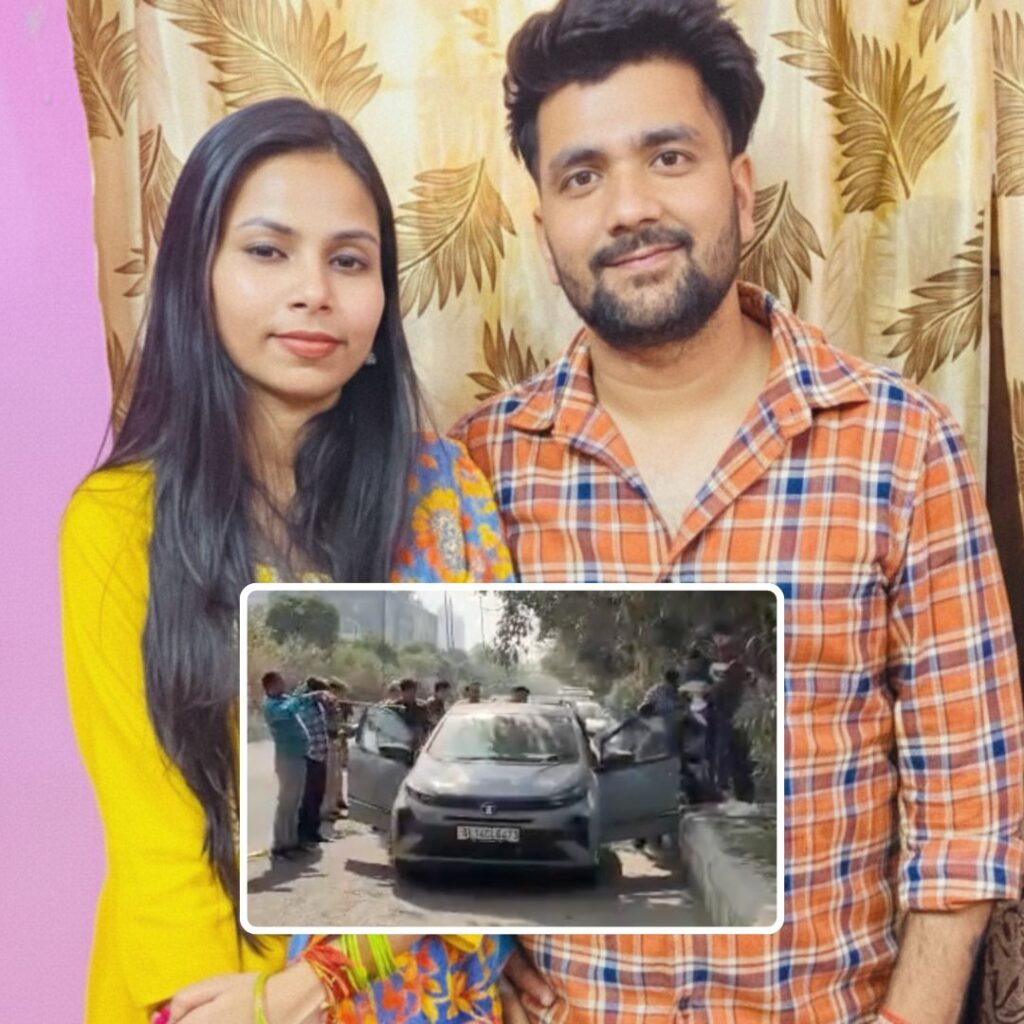The apex court on April 4 quashed the Delhi High court’s order which stated that the Chief Justice of India’s office falls under the Right To Information (RTI) Act. The Supreme Court further said that in the name of transparency, the judiciary cannot get destroyed, reported NDTV.
The comment from a five-judge Constitution bench led by Chief Justice Ranjan Gogoi came after it stood firmly on three appeals filed in 2010 by Secretary General of the Supreme Court and the Central Public Information officer of the apex court against the Delhi’s High Court and the Central Information Commission (CIC)’s orders, after Attorney General K K Venugopal and lawyer Prashant Bhushan concluded submissions.
The bench which comprised of Justices Ranjan Gogoi, D Y Chandrachud, Deepak Gupta, Sanjiv Khanna, and N V Ramana said, “ Nobody is for a system of opaqueness. Nobody wants to remain in the state of darkness or keep anybody in the state of darkness. The question is drawing a line. In the name of transparency, you can’t destroy the institution.
Judiciary is amenable to RTI: Bhushan
On the other hand, Prashant Bhushan who is representing RTI activist S C Agrawal and challenging the top court said Supreme Court is only hearing the case due to “doctrine of necessity”. He said that it is the country’s plight that the judiciary is withholding information under Right To Information Act. He further referred to the situation as “unfortunate” and “disturbing”. He also questioned what is the reason behind such confidentiality? He also proffered an argument which said that it is the top court which supports transparency in the functioning of every other body but goes silent when it falls under the radar. He also argued that do judges belong from a different universe for this special treatment?
Highlighting RTI provisions, Bhushan said there are exemptions, however, even information regarding a concerned person holding or about to hold public office is not disclosed to applicants even when the public interest clearly outweighs private interest. He clarified that the Judicial Accountability Act was scrapped to prevent interference of the executive body in the court’s judgement but that does not mean that the judiciary is free from “public scrutiny”.
He further said that the appointment and the overlooking process of judges should be made available in public, and information can be parted with under RTI on a case-to-case basis.
SC retorts
To this, the top court said that currently there is a trend among people of not stepping up to become judges, fearing the negative publicity it will draw. The court also said that it not only besmirch one’s reputation but also negatively impact the person’s family. The court said that it has brought new changes in the functioning of collegium referring to interactions carried out by collegium members with prospective candidates. The top court took an example of a Madras District Judge who was not promoted as the High Court judge and was also forced to retire at the age of 58 years.
The CJI said, “ All his colleagues who were not even in the zone of consideration for the High Court got the extension, but not only did he not become a High Court judge, he retired at 58″. He further said that all the decisions of collegium cannot be “painted” with the same brush.
Countering the point, the lawyer tabled another example where an HC lawyer’s name was pushed forward by the High Court Collegium twice, but the government never accepted it.
Personal Information to be divulged?
The lawyer further said that what if tomorrow a homosexual lawyer’s promotion to a judge position is disapproved by the government on the ground of his sexuality then citizens are entitled to know about the situation. Justice Chandrachud drew another example countering the lawyer’s hypothetical example by saying if a judge is seeking his transfer due to his wife’s disease, then such information cannot be parted with under the “personal information” tag. The bench concluded by saying that it is best that the reasons behind non-elevation or non-appointment to be disclosed in the public domain after the consent of the concerned person.
Also Read: Going Against SC’s Order, RBI To Not Disclose RTI Queries On Bank Audits











